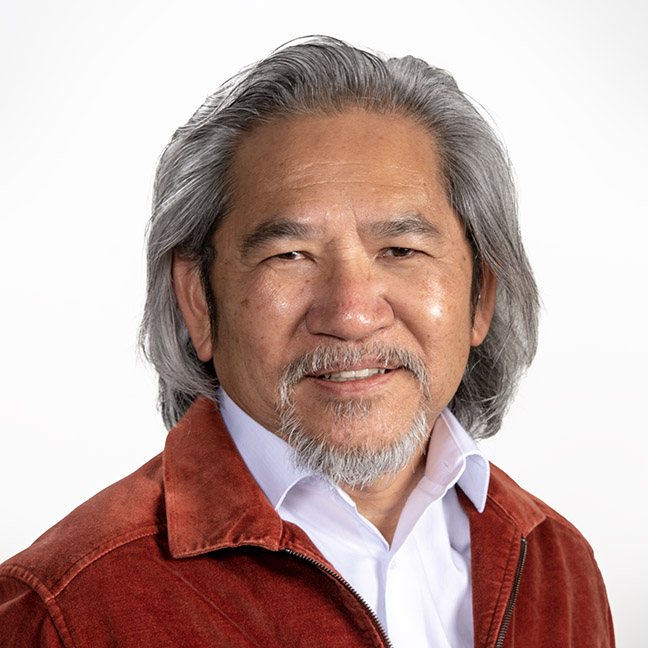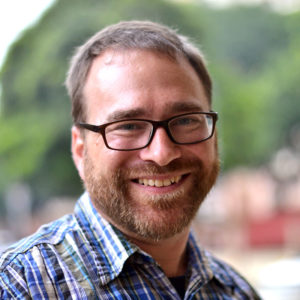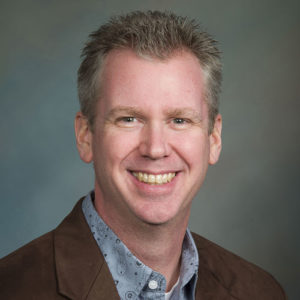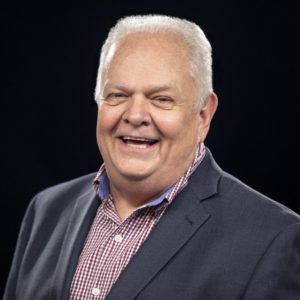Philosophy
Radius Global Cities Network is devoted to providing resources for faith-based engagement of cities through research, resources, and networking. Cities are undoubtedly key influencers of human civilization. Modern cities, coupled with advances in digital and mobile technologies, are increasingly “smart cities” and generate huge amounts of data that can be harvested, mined, and analyzed to support decision making for urban community leaders and activists. By the middle of the 21st century, over 68 percent of the world’s total population will live in the cities. Today’s cities are complex, multifaceted social organizations that demand thoughtful understanding and in-depth research.
Radius Global Cities Network exists to address these challenges of 21st century cities and harness the opportunities to drive forward the welfare of cities and all who live in them. Radius aims to be a hub for urban research, particularly global urban research. As cities grow and morph on every continent, we need sound research that is collected and available to scholars all over the world.
Another aspect that makes Radius unique is the focus on faith in the urban context. So much research and urban policy ignores the role of faith in the lives of urban dwellers as well as the role of faith communities as key stakeholders in urban well-being. In addition to the common topics of urban research, Radius will give focus to faith issues as it pertains to cities.
Research written and collected by Radius draws from a variety of methods and disciplines. We believe we can get a better understanding of our cities through multidisciplinary research. We firmly believe that we can better love our urban neighbor by being well-informed. Radius intends to be a place of consolidated research on a wide variety of topics in urban issues.
History
Radius Global Cities Network officially launched as a nonprofit organization in December, 2019. In February, Radius hosted a research consultation with the goal of collecting data from dozens of consultants from urban centers around the world. In addition, Radius participated in the World Urban Forum (WUF10) in Abu Dhabi in February, 2020. Radius was a co-host of the “Faith and Urban Resilience Research Workshop,” as well as a WUF Networking Event on “Faith and Religion as a Pathway for Implementing the New Urban Agenda: Insights from Researchers and Practitioners.”
Radius Global Cities Network has its origins in Kuala Lumpur, Malaysia. Radius Initiatives Berhad officially began in December of 2013. From the beginning, the goal was to promote the common good of Asian cities. Radius has continued to serve alongside urban churches, individuals and institutions to improve the wellbeing of the urban communities. The four key areas for Radius Initiatives were: advocacy and awareness; training and equipping; think-tank; and applied innovation. Radius has been able to offer formal and informal equipping, co-sponsor events like the biennual national diaspora symposium, hosted the International Society for Urban Mission Summit in 2014, and been involved in ongoing work among the urban poor in Malaysia.
About the Directors of Radius Global Cities Network
 Minh Ha Nguyen
Minh Ha Nguyen
Minh Ha was born in war torn Vietnam, grew up as a refugee in Switzerland, and lived for decades as a foreign student, resident alien, and citizen in the United States. His experiences have shaped his understanding of God’s love for cities and peoples on the move.
He currently works at the International Mission Board (SBC), providing city intelligence to inform the global church on the state of the urban world and to support the Christian mission in strategic decision-making about engaging cities and peoples on the move.
At Radius Global Cities Network, a think tank that he co-founded, Minh Ha directs all the quantitative research aspects, developing databases of cities, decision support systems, and big data analysis of global trends and patterns that affect the Great Commission in the 21st century such as globalization, urbanization, and migration.
In 2009 Minh Ha started the International Community Church, a house-church network that reaches people groups from Asia, Africa, and the Middle East living in his city. Minh Ha holds degrees from Columbia International University (MDiv), Southeastern Baptist Theological Seminary (ThM and PhD), University of Maryland Global Campus (Graduate Certificate in IS), and Emmaus Bible College (BTh). He lives in Richmond, Virginia (USA), with his wife Corinne and two young adult daughters, Lois and Wendelyn.
 Michael D. Crane
Michael D. Crane
Michael was raised in the international cities of Taipei, Singapore, Kuala Lumpur, and Manila. At an early age, Michael developed a love for the vibrancy of cities. After completing a BS in Social Work from Samford University and working for a couple of years, he went to Gateway Seminary in the San Francisco Bay Area where he completed an MDiv and ThM (theology).
Michael and his wife moved to Southeast Asia in 2005, working in a variety of roles with development agencies. During this time, Michael completed a PhD in urban missiology. Michael serves on the faculty of two graduate schools. In addition to a number of articles and book chapters, Michael has authored/co-authored several books, including: Sowing Seeds of Change: Cultivating Transformation in the City(Urban Loft, 2015) and City Shaped Churches: Planting Churches in the Global Era (Urban Loft, 2018).
 Wilson Geisler
Wilson Geisler
Wilson Geisler is the Director of Global Research for the International Mission Board (IMB) based in Richmond, Virginia. Wilson has a passion for technology and its impact on ethical and sociological issues in urban centers. Wilson has a BS in Civil Engineering from Texas A&M University and a MS in Structural Engineering from the University of Illinois in Champaign-Urbana and was a licensed, practicing structural engineer in Texas for over 15 years. Wilson is also a software developer and was the owner of Inertia Software, Inc. in Austin, Texas from 1995 to 2000. In addition, Wilson has a Master of Divinity degree from Southwestern Baptist Theological Seminary. Now calling Virginia home, Wilson lived outside of the United States for almost 13 years primarily in large urban centers in South Asia and the Middle East and brings to Radius his experiential knowledge of urban issues in these contexts. Wilson has been happily married to Natalie for 33 years, and they have 2 grown children.
 John Brady
John Brady
John Brady is the vice president for global engagement with the International Mission Board (IMB). He previously served as regional leader for mission work in Northern Africa and the Middle East, where he led Southern Baptist workers to spread the gospel. John grew up in Guyana as the son of Southern Baptist missionaries. He earned a bachelor’s degree in urban studies from Furman University and a master’s degree from Southwestern Baptist Theological Seminary. He and his wife, Jenny, have been with IMB for over two decades.
